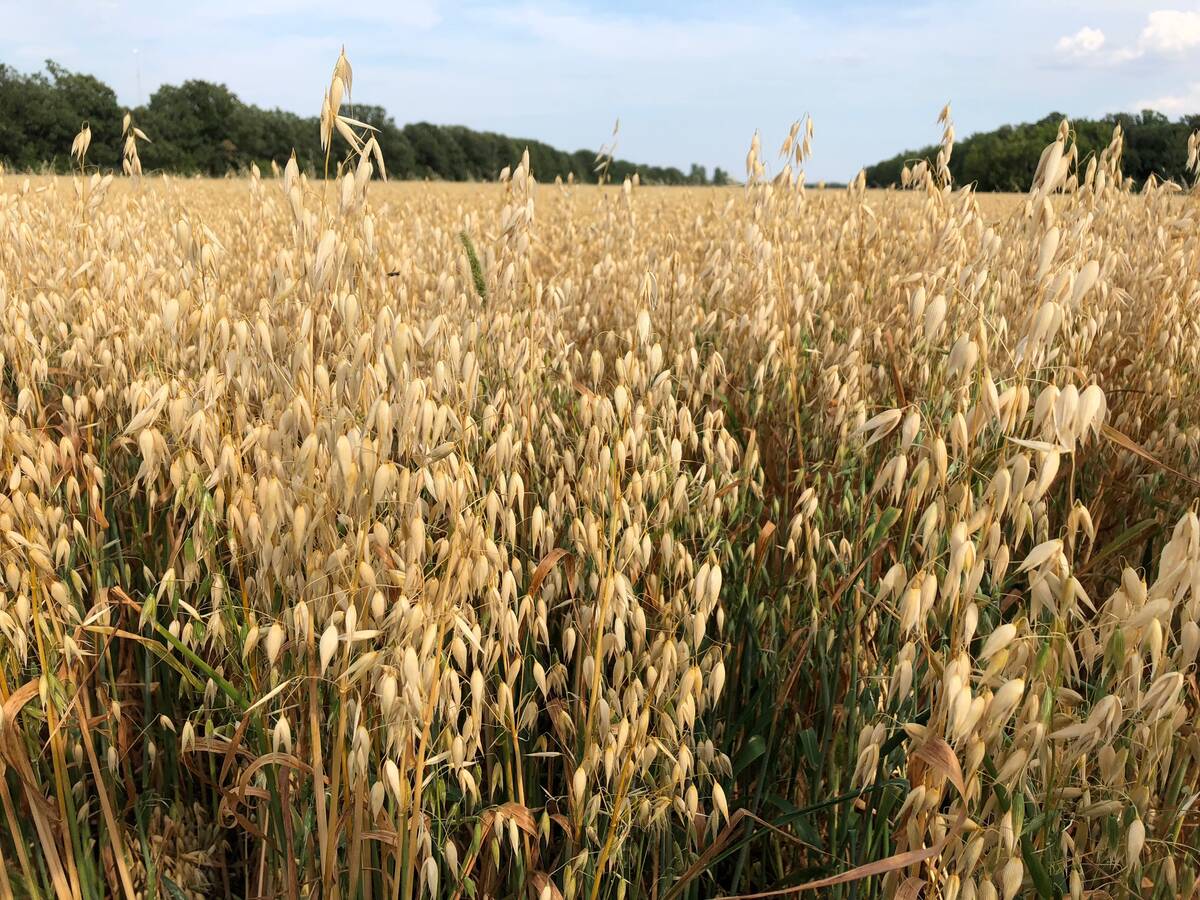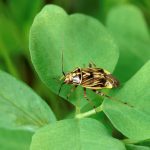A Quebec company making plant-based disinfectants for use in the livestock and food processing sectors plans to study whether its source plants can be grown in Canada’s conditions.
Laboratoire M2, based at Sherbrooke, has picked up a $64,700 grant through the federal Developing Innovative Agri-Products (DIAP) initiative to study the effects of different growing conditions on thyme, oregano and monarda (bee balm) crops.
The company’s study will look at the potential for Canadian farmers to supply some of the active ingredients in its Thymox disinfectant, made from the plants’ oil extracts, by evaluating the crops’ ability to produce the oils in question in Canada’s climates and soils.
Read Also

Big oat crop in 2025/26 pointing to less acres next year
Oat acres in Canada are likely to recede this spring with cash prices to remain low, said Scott Shiels, grain procurement manager for Grain Millers Canada in Yorkton, Sask.
The company expects the funding will also help in its tests of new methods for extracting and analyzing active ingredients in herb crops’ essential oils.
That in turn could open the door to export possibilities in the value-added market for products made from essential oils, the federal government said in a release Tuesday.
“Four farms are already involved in the pilot project and we anticipate commercial benefits in the short term for the Canadian market,” company president Serge Auray said in the federal release.
“Positioned to supply”
Laboratoire M2’s project is expected to create 17 jobs by year three and to generate $3.6 million worth of annual demand for thyme by its fifth year of production.
Thymox, which it launched in September 2008, is billed as a biodegradable, non-toxic, non-corrosive disinfectant for use in livestock barns and food processing plants, acting against bacteria, fungi and viruses.
“This company is generating demand for a high-value crop and we want to make sure Canadian farmers are positioned to supply it,” Quebec MP and minister of state for agriculture Jean-Pierre Blackburn said in Tuesday’s release.
The DIAP grant follows a November 2009 investment of $487,494 under the federal Agri-Opportunities program to help the company prepare to meet regulatory requirements in international markets, to secure a patent for the product’s use in the food processing industry, and to buy equipment.
Also, Canada Economic Development, the federal agency in charge of delivering economic development funding in Quebec, previously pledged a $350,000 loan for Laboratoire M2 to start up industrial production of Thymox, as well as for domestic and foreign marketing.
DIAP, a five-year, $158 million program, is meant to back “industry-led science and technology projects.”
Ottawa requires any DIAP-funded project work, including invoices, auditing and reporting, to be wrapped up by the end of March 2013.














